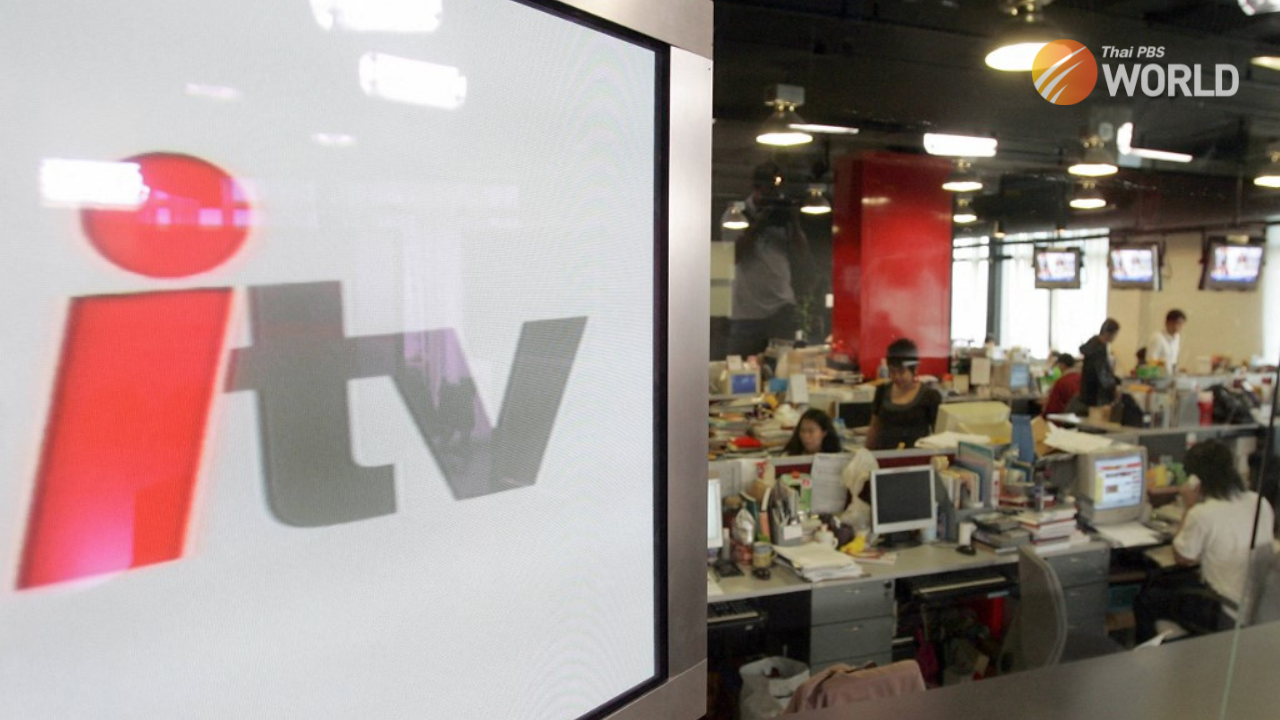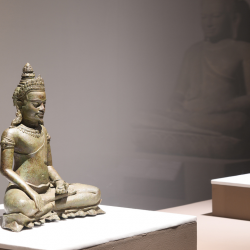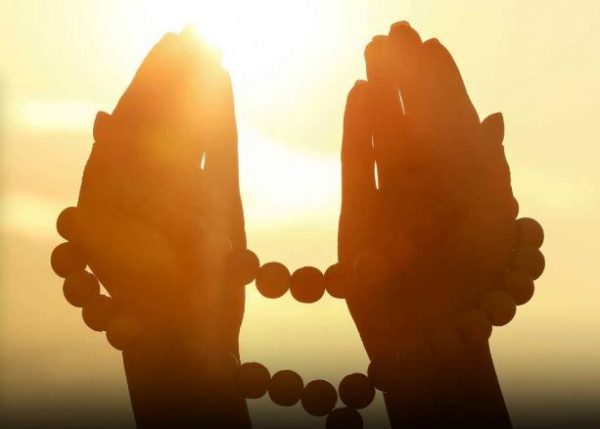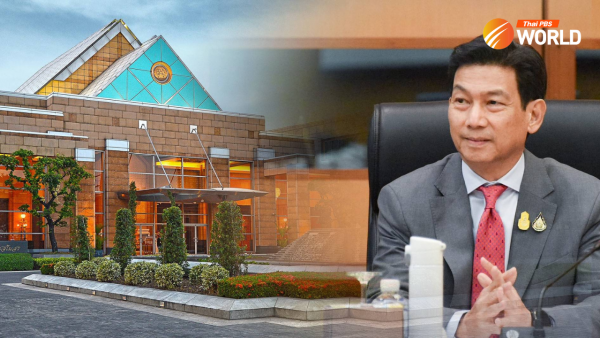From Thaksin to Pita, iTV has some history

When it was conceived around three decades ago, iTV represented a big hope, with the public wanting it to counter misinformation, distortions and manipulations. At that time, Thailand was in need of a truly “independent” broadcaster free from political influences and government powers, and the new-born TV company was expected to serve the clamor.
Everyone wanted iTV to lead the charge in broadcasting media, but everyone knows how things have turned out.
Pita Limjaroenrat is just one chapter in the irony-prone history of iTV. Ominous signs came when Thaksin Shinawatra acquired the TV business, following a lift of stringent shareholding division and ceiling designed to prevent a wayward monopoly. If the Move Forward leader had not moved iTV shares out of his account, there would have been one big conflict of interest or constitutional controversy if he was to become prime minister. At least Thais are now spared one huge ideological soul-searching.
After the “Black May” bloody uprising in 1992, the Thai public felt the increasing need for “the other side of the story”, one told by neutral and dignified broadcast journalists, not those practically employed by _ or having to work under _ the government. iTV was born with a specific set of rules seeking to ensure independence and safeguard against monopolistic control. One of the rules had to do with a shareholding ceiling, which spread out ownership and was much cherished back then.
But a financial crisis changed everything, and the situation was compounded by the orthodox but questionable thinking that a TV station had to make big money. The ceiling, which had allowed different groups to create content without anyone monopolizing operations, was lifted and the strict ratio between news and entertainment was eased in favour of the latter.
Thaksin’s Shin Corporation came in, buying a big portion of shares and looking during those days like a “rescuer” in shining armor. The conglomerate was able to do that because a Democrat-led government decided to change the rules. But the development coincided with Thaksin spreading his political wings, so iTV soon started to digress. Once proud of its “independent” label, restructured iTV had to struggle to fight off rumours that its reporters were under pressure to downplay or ignore “negative” coverage concerning the Shin Corporation patriarch.
Media activists cried foul. Arbitrations and lawsuits ensued. Viewership dropped. Legal problems with the Office of the Permanent Secretary, the Prime Minister’s Office have dragged on until today, with a large sum of fines, damages and unpaid fees at stake. The “non-profit” doctrine went out the window.
iTV: Born of Bloody May, trouble under Thaksin, and now Pita’s nemesis?
With its exact status and potential under the microscope, because the future of the man who won the May 14 election depends on those factors, iTV’s ironic path will be strewn with the very things the TV station was supposed to fight _ misinformation, distortions, manipulations and crossing of ethical lines. It’s a showdown that neither side can fully proclaim its innocence.
iTV has its own layers of truths, half-truths and some other things that probably have been kept away from the public. Through the years, the concept of independent, neutral and truthful reporting has been twisted and tossed by politicians, men in uniform, businessmen, activists and clashing ideological ideas. At times the journalistic ideal was shoved around by money. At times political beliefs pushed it back and forth.
Even iTV’s original purpose stands to be tested for its practicality. It tells a lot about “truth” when its audio and written records said different things. If some “facts” told by an organization that was supposed to tell the truth, the whole truth and nothing but the truth clash with each other, iTV represented anything but a new hope.
Is truly independent, neutral and honest journalism really possible, let alone in the broadcasting business where money and ratings always overshadow everything else, and where dishonest politics, strengthened by a massive divide, often lurks in the wings?
It’s intriguing to imagine how iTV, if it had to do it today, would have covered the Pita controversy, and how it would have carried out its task professionally and independently without any agenda. As they say, everyone is a bad guy in somebody’s story, so the challenge would have been mammoth.
If the “hope” that iTV once represented still exists, there remains a mountain to climb, as iTV under Thaksin and the needs to support or block Pita at any cost because he held its shares at a wrong time have shown.
By Tulsathit Taptim






